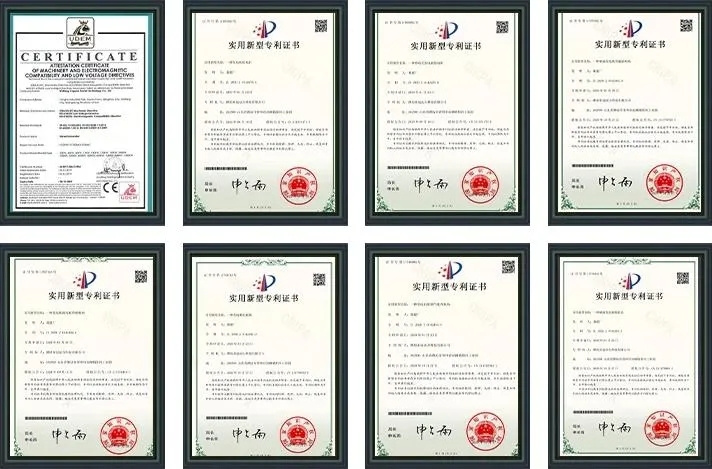Introduction
Living off the grid offers a unique sense of freedom and self-sufficiency. However, one of the key challenges faced by off-grid homeowners is ensuring a reliable source of power in remote locations where traditional grid electricity is not available. In such situations, diesel generators emerge as a dependable and efficient solution to meet energy needs. This comprehensive guide delves into the world of diesel generators for off-grid living, exploring their benefits, considerations for selection, maintenance requirements, and environmental impact.
I. Understanding Off-Grid Living
1.1 Definition and Significance of Off-Grid Living
Living off the grid refers to a lifestyle that operates independently from municipal utilities, such as water, electricity, and gas. Off-grid living allows individuals to reduce their reliance on centralized services and embrace self-sufficiency by generating their own power, collecting rainwater, and managing waste on-site.
1.2 Challenges of Off-Grid Living
Off-grid living presents unique challenges, primarily in the context of power generation. Without access to a reliable grid connection, off-grid homeowners must explore alternative sources of energy to meet their daily needs. Diesel generators have emerged as a popular choice for providing consistent power in remote areas where other renewable energy sources may not be viable.
II. Diesel Generators: An Overview
2.1 How Diesel Generators Work
Diesel generators operate on the principle of converting chemical energy stored in diesel fuel into mechanical energy through combustion. The mechanical energy is then transformed into electrical energy using an alternator, providing a steady power supply for residential and commercial applications.
2.2 Benefits of Diesel Generators for Off-Grid Living
- Reliability: Diesel generators are known for their robustness and reliability, making them well-suited for off-grid applications where a consistent power supply is essential.

- Fuel Efficiency: Diesel engines are more fuel-efficient compared to gasoline engines, providing greater power output per unit of fuel consumed.
- Longevity: Diesel generators are designed to withstand heavy usage and have a longer lifespan than many other types of generators.
- Power Output: Diesel generators offer high power output capacities, making them suitable for powering multiple appliances and devices simultaneously.
III. Selecting Diesel generator for industrial applications for Off-Grid Living
3.1 Power Requirements Assessment
Before selecting a diesel generator for off-grid living, it is essential to assess your power requirements. Consider the wattage of the appliances and devices you plan to power, as well as any additional power needs for future expansions or upgrades.
3.2 Generator Sizing
Ensure that the diesel generator you choose has a sufficient power output to meet your energy needs. Undersized generators may struggle to power all your appliances, while oversized generators can lead to inefficiencies and increased fuel consumption.
3.3 Fuel Efficiency
Opt for a diesel generator with high fuel efficiency to minimize operational costs and reduce environmental impact. Look for models with advanced fuel injection systems and variable speed controls for optimal efficiency.
3.4 Noise Levels
Consider the noise levels produced by the diesel generator, especially if you plan to use it in a residential setting. Choose a generator with soundproofing features or invest in additional noise-reducing measures to minimize disturbances.
IV. Maintenance and Care for Diesel Generators
4.1 Regular Inspections
Perform regular inspections of your diesel generator to ensure that all components are functioning properly. Check for leaks, worn-out parts, and signs of corrosion that may impact the generator's performance.
4.2 Oil and Filter Changes
Regularly change the oil and filters in your diesel generator according to the manufacturer's recommendations. Clean oil and filters help maintain optimal engine performance and prolong the generator's lifespan.
4.3 Fuel Quality Management
Ensure that you use high-quality diesel fuel in your generator to prevent clogs, injector issues, and other fuel-related problems. Store fuel in a clean and dry environment to maintain its integrity.
4.4 Cooling System Maintenance
Monitor the cooling system of your diesel generator to prevent overheating and ensure efficient operation. Clean the radiator, check coolant levels, and inspect hoses for any signs of wear or leaks.
V. Environmental Considerations
5.1 Emissions and Air Quality
Diesel generators are known for their higher emissions compared to other power sources, contributing to air pollution and environmental degradation. To mitigate these impacts, consider using cleaner-burning diesel fuels or implementing emission control technologies.
5.2 Noise Pollution
The noise generated by diesel generators can pose a nuisance to both residents and wildlife in off-grid living environments. Implement soundproofing measures, locate the generator away from living spaces, and adhere to noise regulations to minimize disturbances.
5.3 Sustainable Practices
Incorporate sustainable practices into your off-grid living setup to reduce your environmental footprint. Consider integrating renewable energy sources, such as solar panels or wind turbines, alongside your diesel generator to achieve a more eco-friendly energy mix.
Conclusion
Diesel generators play a crucial role in supporting off-grid living by providing a reliable and efficient source of power in remote locations. By understanding the benefits, considerations for selection, maintenance requirements, and environmental impact of diesel generators, off-grid homeowners can make informed decisions to meet their energy needs effectively. With proper care and attention, diesel generators can serve as a dependable power solution for off-grid living, enabling individuals to embrace self-sufficiency while minimizing their environmental impact.
